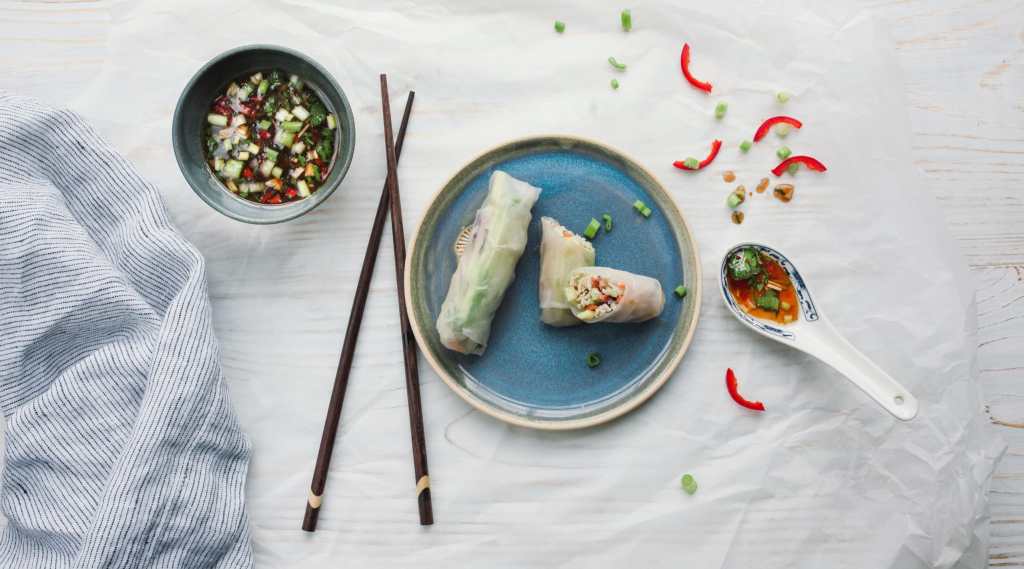Written by Mila Fraser and Joelle Davidson
What comes to mind when you hear the term “food culture?” Are you transported to another part of the world and are reminiscing on a particular dish you’ve had? Are you reflecting on your cultural food practices? Maybe you’re remembering foods your parents or grandparents used to make. Regardless of what comes to mind, the elements of our food culture can have benefits beyond the physical nourishment it provides.

What is food culture?
Food culture encompasses the beliefs, connections, and experiences we have with food. It includes our cultural heritage, ethnicity, and environmental beliefs as well as community and enjoyment of food. Here in Canada, we have cultural and food traditions from all over the world. In a lot of the major cities, you can go to restaurants based on hundreds of different food cultures from all over the world. You may have colleagues or friends that have different food practices from your own. We want to use and embrace the wealth of traditional food knowledge and continue cultural practices in a world of ever-changing food and nutrition information.
Often in today’s nutrition world, food is talked about based on its components. For example, how much protein it has, if it contains calcium, and which foods are high in omega-3s. We are so invested and interested in each nutrient and its relationship to our health that we lose a sense of food culture.
“Without a strong food culture food becomes something that we manipulate for personal gain. It stops being something that we respect and instead becomes something that we aim to control, and the more we aim to control our food the less we truly value and experience it.”
Faletra, M. (2020, April 08). What is food culture and how does it impact your health? Retrieved March 02, 2021, from https://www.thewellessentials.com/blog/what-is-food-culture-and-what-does-it-have-to-do-with-our-health?r_done=1
When we embrace our food culture, we get back to the understanding that food is not just fuel. It also provides a source of connection, community, and enjoyment – all of which are so valuable to our overall health.
Why should we care about food culture?
Consider the importance of embodying a sense of food culture in our lives.
- Food traditions can bring us together and connect us as people
- Allows us to create a sense of appreciation for our food
- Recognizing the different ways in which we all nourish our bodies allows for a greater understanding and appreciation for other cultures.
Tips for embracing and learning about your food culture
- Experiment with your food. Try recipes you had with your family as a child. Plan a day with friends to batch cook foods. No set expectations so you can have fun with it.
- Recall dishes you have tried abroad and try recreating them
- Acknowledge that food is meant to be enjoyed, and if possible – enjoyed with people. Bring back family dinners!
- Bring awareness to food rules you may have – particularly for cultural foods. Notice when you label foods as good or bad, insufficient in nutrients, or unhealthy. Embrace your cultural foods. Take time when eating them to enjoy the flavor and taste. Incorporate these foods as a way to honor your health by having truly satisfying foods.
Questions or comments? Drop a note below!

